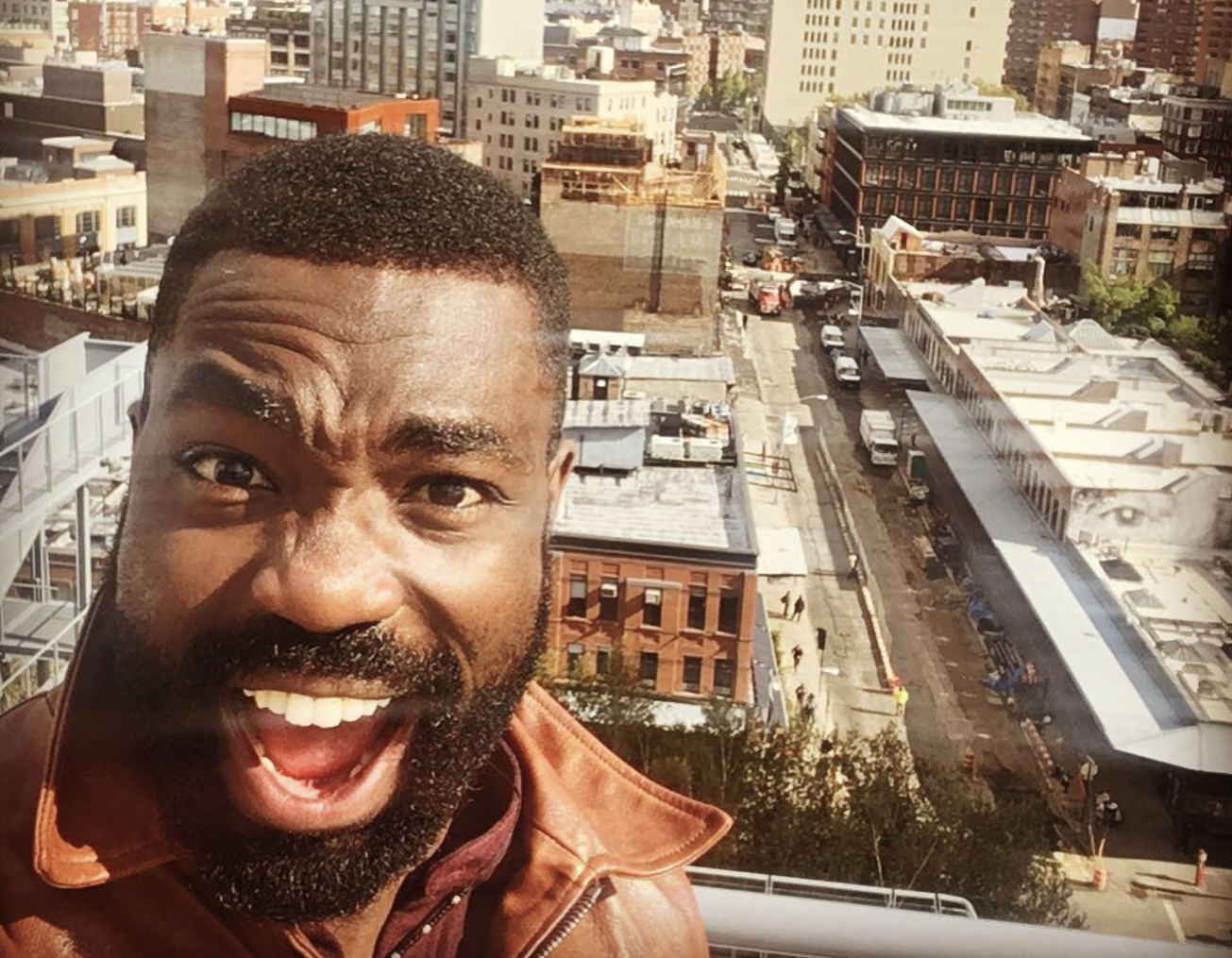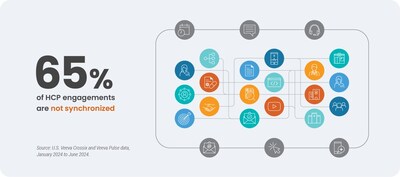It’s 8 a.m. in Alberta, Canada, when I reach Gillian Anderson by Zoom, but a more apt descriptor might be that I’m meeting her during a time of “yes”—she’s in fact maybe saying “yes” too often these days, she eventually tells me. This month, the actor will launch her new book, Want, which is filled with what Anderson has described as “sexy, tender, funny, eloquent, beautiful, and heartbreaking fantasies” written by anonymous contributors. She’s also working on “a space to connect with ourselves and each other through the power of story” called G Ode (pronounced “geode,” and still in beta). The day we speak, she’s in Calgary while shooting Netflix’s The Abandons, but is due to board a plane in a few hours to meet her partner, Peter Morgan, in Copenhagen. She’s also helming a pleasure-centric soft drink brand. (“For way too long, the wellness industry has been missing that fulfilling sweet spot where true sensorial satisfaction meets tangible benefit,” the website reads. “Well, we’ve found it. That exact spot. And it feels so good.”) She’s raising her kids. She gets a little teary, talking about how full her life is. “It’s making me emotional! It’s making me emotional,” she says. “It’s all the boxes. I’m in all the boxes.”
Maybe her emotions always ripple right under the surface, or maybe it’s the raw edge of sleep deprivation. She spent the previous day shooting multiple takes of a scene in which she gallops a palomino across a prairie. In the picture she shows me, she’s clad in period garb—a black wide-brim hat and billowing black dress—and purple mountains soar in the background. “We had planes, trains, automobiles, horses,” she says of the long day, and then in the wee hours, “a weird lightning storm on the way back.” It was “intense,” and understandably it’s taking her a moment to fully acclimate to the task at hand—which is discussing sexual fantasies, basically. “No, it’s a pleasure. I’m…yes.” She trails off, laughs. “Coffee.”
While she wakes up, let’s turn to the text. Want, out from Abrams Press in the US and Bloomsbury in the UK, was inspired by Nancy Friday’s groundbreaking 1973 work, My Secret Garden—and cooked up after publishers starting pitching Anderson’s agent a sex-positive book, written by Anderson, in the wake of her role as the charming commitment-phobic sex therapist Jean Millbury on Sex Education. Its content ranges from a boyfriend’s proposal, to diaper play, to having sex with a best friend, to being tied up and “menaced.” (Anderson and others raise the importance of real-life consent multiple times.) Bloomsbury received letters “from Colombia to China, Ireland to Iceland, Lithuania to Libya, New Zealand to Nigeria, Romania to Russia,” Anderson writes in her introduction. (This is reflected in the published letters, though the most-represented racial identity is “white.”) “Letters from women who are pansexual, bisexual, asexual, aromantic, lesbian, straight, and queer.” They are also trans and nonbinary. “Though an imperfect term,” Anderson writes, “‘women’ is used throughout.” To me, she calls the book “a platform for everybody,” and one that she hopes will spark conversations about “not just desire in the bedroom, but desire of what one wants for oneself in one’s life.”
Anderson included her own anonymous fantasy, but she also writes with some openness under her own name. “For me, sex has never felt like a static entity but rather something that adapts and changes as I grow and change, with every new phase and stage of my life. A huge part of this has always been in the thinking and the feeling, not just the doing.” She references various roles she’s played, from Dana Scully in The X Files (which first aired in 1993), to Jean, to The Crown’s Margaret Thatcher. “The women whom I embody, whose worlds I step into, also have inner lives, desires and fantasies, which are vital to understanding what makes them tick. And a fair few of them have taught me about sex and sexuality.”
Here, we chat about all that, and more.
Vanity Fair: In Want, you address up front the idea that there’s still a lot of shame attached to women—and all people’s—sexuality.
Gillian Anderson: I guess my preconceived notion was that based on how far we have come culturally and societally in terms of conversation about sex in a public forum, that somehow that might translate to more of the taboo of fantasy, or sexual proclivities, being diminished. For me, the deeper conversation is about how much fear and shame we, particularly as women, tend to have—not just around this topic. What we choose to share, what we hide.
I’m hoping that this book starts a bigger conversation, particularly amongst women, and in the conversation we start to get to the crux of that shame and fear and guilt and diminishment of self, because when we share it, it weakens. When we can recognize that other people feel the same way, the burden of it and the intensity of it could potentially lessen. I was reading Georgina Lawton in The Guardian, she wrote an article recently about loneliness, particularly in young women between 16 and 29. That demographic is lonelier today on record than 70-year-old people. So to me, all of that is what’s interesting in this conversation—through sex and desire and want and need and shame and guilt and joy and tenderness and sadness. The conversation about all of that in an intimate way, I think can be transformative.
There’s so much explicitly on the page, but then there’s also sociopolitical stuff in there, between the lines. I was reading it during the DNC, when I was also consuming a lot of political content—
Me too! I’m doing press around this at the same time that I’m consuming everything that I possibly can about what’s going on in this moment.
It feels like everything is suddenly out loud. It feels like this is a moment where, yes, obviously elements have been discussed for the last few decades and whatever waves of feminism and women’s rights, et cetera, have obviously been at the forefront for a great many people. But suddenly a shift has happened, and whether it’s Michelle Obama’s speech or Kamala [Harris]’s speech or AOC’s speech, it’s out loud. People care less about what the reaction is, what the opinions are about, what the backlash is, in a sense. It feels like there is a platform for everything to be on the table.
One fantasy in the book involves living three different lives. The first was to live her real life, raising her children with her longtime partner; the other was to be with all the bad boys; and then the third was to be with a woman. I feel like I get to live more than one life, a little bit, through writing—does acting give you that?







